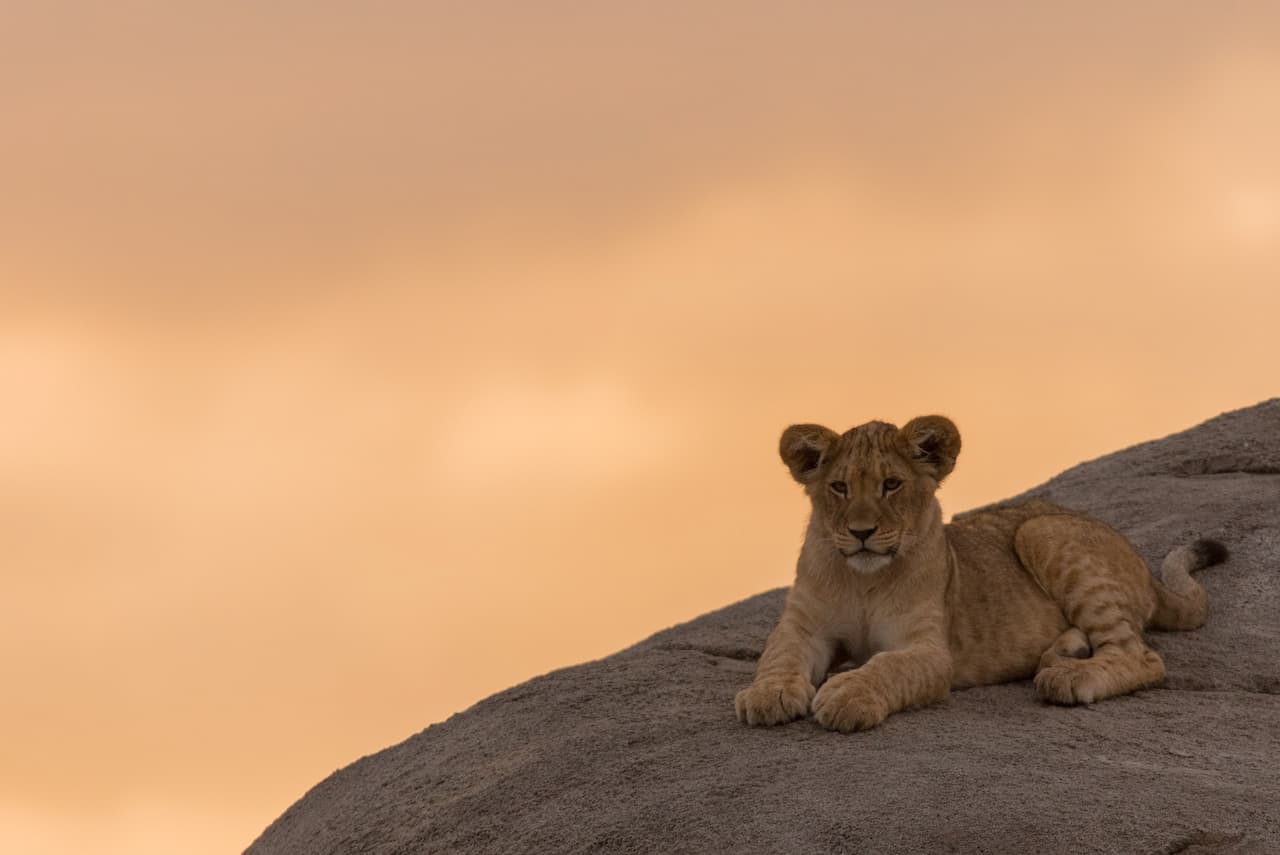What Happens When a Lion Pride is Taken Over And What Does He Do?
The lion has various qualities that set it apart from the rest of the world’s wild predatory cats. One of the most notable distinctions is its social behavior. While some lions are migratory, preferring to travel and hunt alone or in pairs, most lions live in a social group called pride. It is a characteristic found only in a few of the world’s huge cat species, the majority of which live their whole lives as lone hunters.
A life of a male lion is not an easy one. There is always threats of being killed by an older lion, being kicked out of your pride or fighting with other males who are more dominant (or think they are). You may end up spending years alone or with one other, it can be a lonely and tough existence. It’s a lot of work to stay the king!
The Role of Male Lions
Male cubs stay in pride for roughly three years before becoming wandering nomads for two years before joining an existing pride or starting a new one.
Some male lions live their entire lives as nomads. Because most fertile females in a pride are defended from outsiders by its members, these long-term nomadic males rarely reproduce. A group of new male lions, generally young nomads, take over an existing pride on rare occasions. The intruders try to kill the offspring of other males during this type of takeover.
Male lions have a shorter life expectancy than female lions, so their time in pride is limited. Males are routinely ejected from the pride once they are no longer capable of fathering pups. Males rarely stick around for more than three to five years in the pride. A pride dominated by elderly males is ripe for a takeover by groups of young nomads.
Infanticide
When a new male coalition takes over pride for the first time, the cubs are a big hindrance to their reproduction. Mothers of surviving cubs do not mate until their kids are at least 18 months old. If their cubs are lost, they mate again within days. As a result, new males refuse to be stepfathers and kill all the cubs in their new pride.
Sub adults frequently leave from infanticidal males, becoming outcasts who must fend for themselves and face famine and attacks from neighboring pride. Their mothers occasionally accompany evicted sub-adults until they attain adulthood. Mothers defend their kids directly from outside males, and females reduce the danger of infanticide by stimulating rivalry among competing males.
Female lions will kill the cubs of other pride, but not their pride mates cubs. Female lions’ “egalitarianism” contrasts sharply with the despotic behavior of wolves, wild dogs, and many other animals in which dominant females restrict subordinates from breeding.
Lions Territoriality
Lions are extremely territorial and have been known to live in the same place for years. Resident males protect the pride from competing coalitions, while females actively defend their territories against other females. The size of territory is determined by the amount of prey and access to water and denning locations.
The lion’s roar is a territorial demonstration heard from at least five kilometers distant. Lions can count the number of individuals in a roaring group.
The lion has various qualities that set it apart from the rest of the world’s wild predatory cats. One of the most notable distinctions is the lions social behavior. While some lions are migratory, preferring to travel and hunt alone or in pairs, most lions live in a social group called pride. It is a characteristic found only in a few of the world’s huge cat species, the majority of which live their whole lives as lone hunters.
